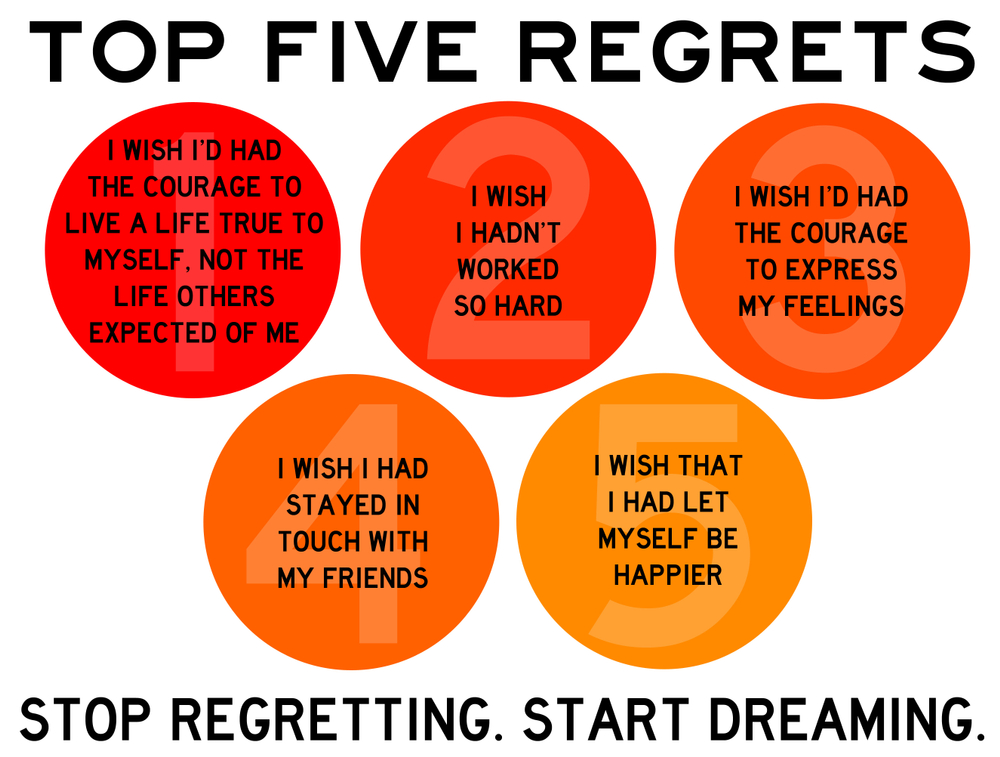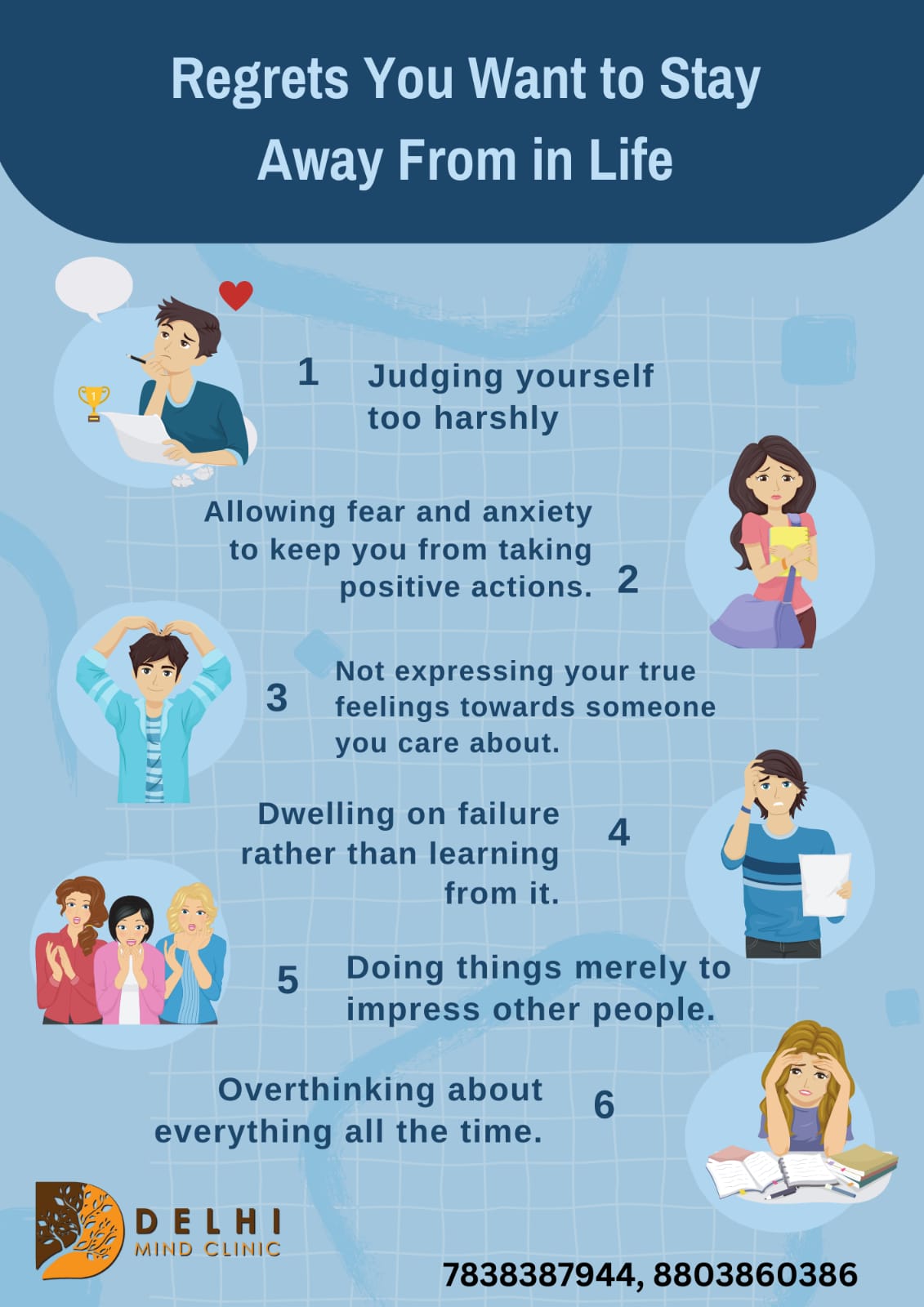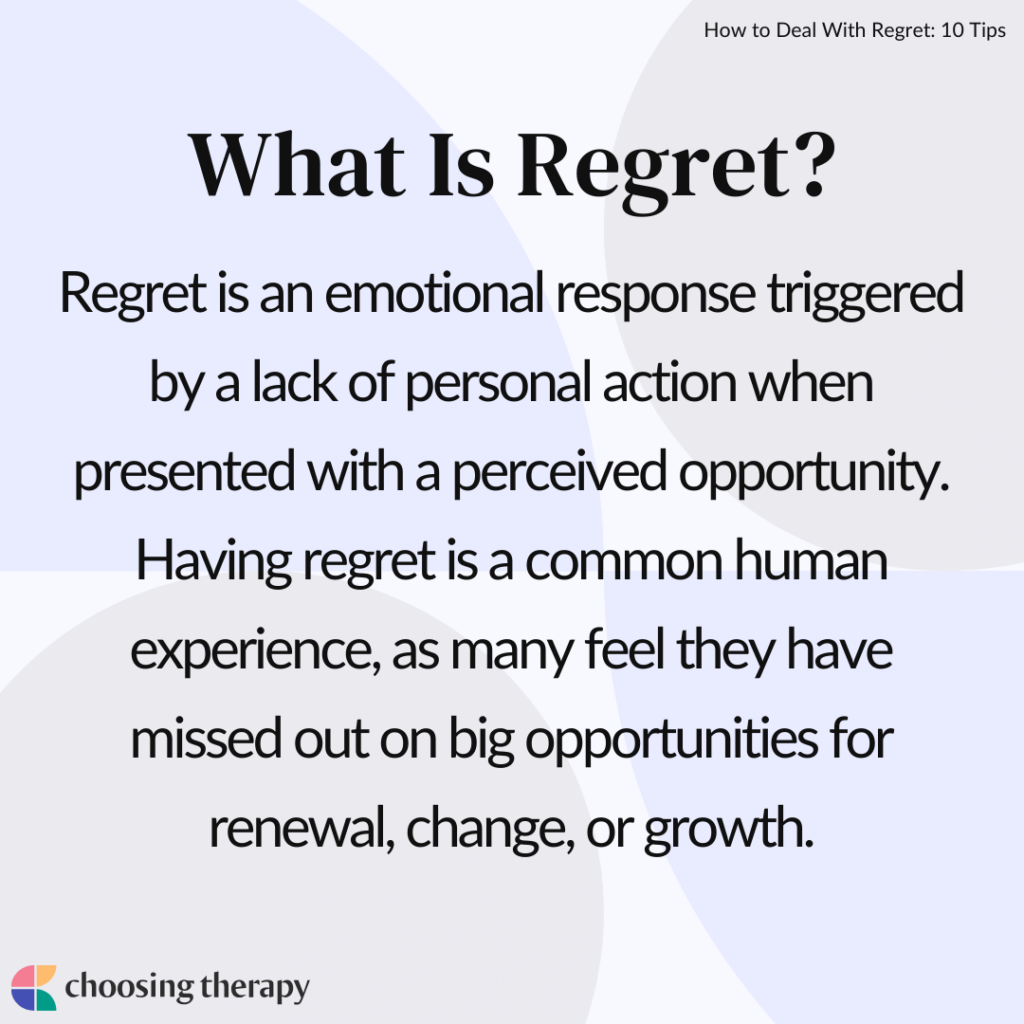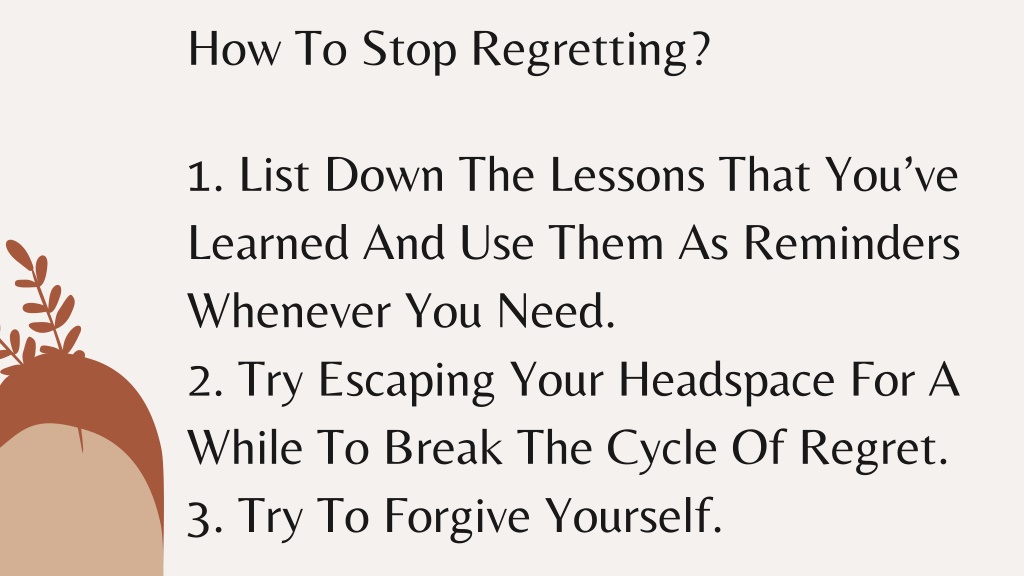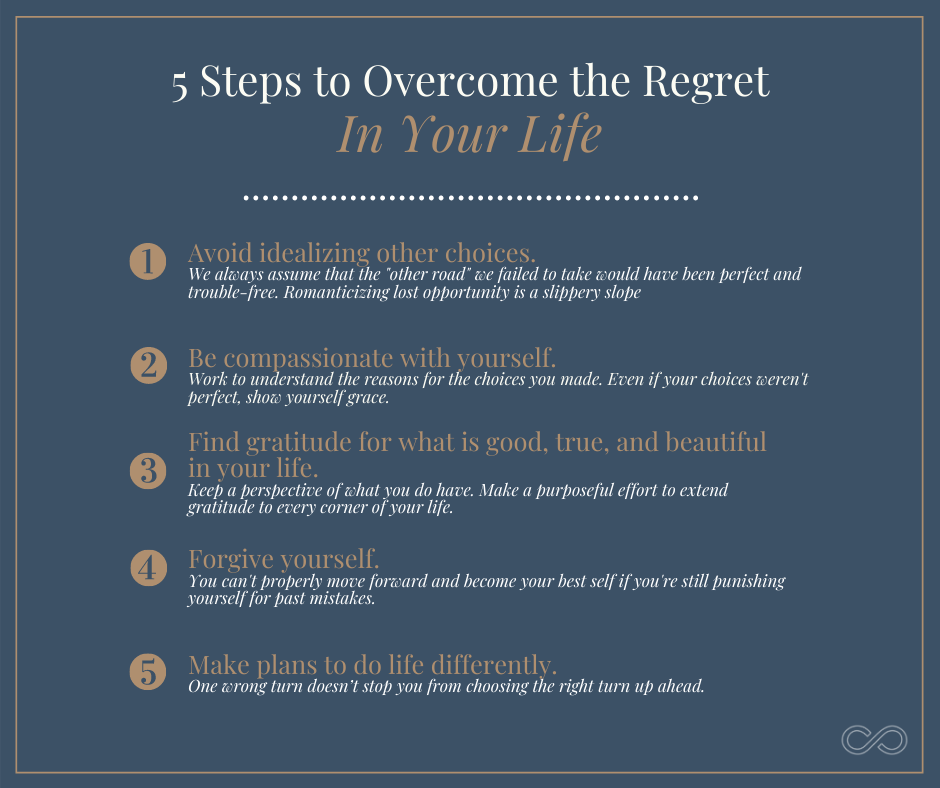How To Stop Feeling Regret

Ever bought something only to be immediately consumed by buyer's remorse? Regret, that pit-of-your-stomach feeling, isn't just about spending; it can paralyze you in relationships, career choices, and even daily decisions. This article offers a practical guide for value-conscious individuals seeking to understand and mitigate regret, turning past mistakes into future wisdom.
Understanding Regret: Why It Matters to You
Regret is a negative emotion experienced when realizing or imagining that one's present situation would be better had one acted differently in the past. For the value-conscious shopper, regret isn't just an emotional inconvenience; it's a drain on resources and well-being. Minimizing regret means maximizing the value of your time, energy, and money.
The High Cost of Regret
Beyond the initial disappointment, regret can lead to anxiety, depression, and a reluctance to make future decisions. This impacts productivity, relationships, and overall life satisfaction. Therefore, learning to manage regret is a crucial investment in your mental and financial well-being.
Product Shortlist: Tools for Regret Mitigation
While regret isn't something you can buy your way out of, certain resources can aid in managing it. Here's a curated list, tailored for different needs and budgets:
- For the Budget-Conscious: Free online mindfulness meditations and journaling prompts focused on self-compassion and acceptance.
- Mid-Range Options: Self-help books like "The Power of Regret" by Daniel H. Pink, or online courses on cognitive behavioral therapy (CBT) techniques.
- Premium Investment: Therapy sessions with a licensed mental health professional specializing in regret and related conditions.
Detailed Reviews: Diving Deeper
Review 1: Mindfulness Meditation Apps (Free - $15/month)
Apps like Headspace and Calm offer guided meditations that can help you accept past choices and focus on the present. These apps are generally affordable and easily accessible, making them a great starting point for managing regret. Consistent practice is key to seeing results.
Review 2: "The Power of Regret" by Daniel H. Pink ($15 - $25)
Pink's book offers a research-backed perspective on regret, reframing it not as a negative emotion, but as a valuable source of information. It provides practical strategies for analyzing your regrets and using them to make better decisions in the future. This book encourages proactive and thoughtful processing.
Review 3: Cognitive Behavioral Therapy (CBT) Online Courses ($50 - $200)
CBT is a therapeutic approach that helps you identify and change negative thought patterns associated with regret. Online courses provide structured exercises and techniques for managing your emotions and behaviors. Look for courses led by qualified therapists or psychologists.
Review 4: Therapy Sessions with a Licensed Mental Health Professional ($100 - $250/session)
For individuals struggling with chronic or debilitating regret, professional therapy offers personalized support and guidance. A therapist can help you explore the underlying causes of your regret and develop coping mechanisms. It's a significant investment, but potentially life-changing.
Side-by-Side Specs Table with Performance Scores
| Product/Service | Cost | Accessibility | Effectiveness (Subjective) | Time Commitment |
|---|---|---|---|---|
| Mindfulness Meditation Apps | Free - $15/month | High | Moderate | 5-30 minutes/day |
| "The Power of Regret" | $15 - $25 | High | Moderate-High | Variable (reading time) |
| CBT Online Courses | $50 - $200 | Moderate | High | 1-3 hours/week |
| Therapy Sessions | $100 - $250/session | Low-Moderate | High | 1 hour/week |
Practical Considerations: Making the Right Choice for You
Choosing the right approach depends on several factors, including the severity of your regret, your budget, and your personal preferences. Start with less expensive options like mindfulness apps or self-help books. If your regret persists or significantly impacts your life, consider seeking professional help.
Time Investment
Managing regret requires consistent effort and time. Be prepared to dedicate time to practicing mindfulness, completing course exercises, or attending therapy sessions. The more you invest, the greater the potential benefit.
Self-Compassion is Key
Regardless of the approach you choose, remember to practice self-compassion. Everyone makes mistakes, and regret is a natural human emotion. Be kind to yourself and focus on learning from your experiences.
Long-Term Perspective
Regret management is an ongoing process, not a one-time fix. Develop sustainable strategies that you can incorporate into your daily life. This includes regular self-reflection, mindful decision-making, and a willingness to learn from your mistakes.
Key Takeaways
Regret is a costly emotion, but it can be managed with the right tools and strategies. Mindfulness practices, self-help resources, and professional therapy offer different levels of support. Consider your budget, time commitment, and personal preferences when selecting the approach that's right for you.
Remember that self-compassion and a long-term perspective are essential for successful regret management. By understanding and addressing your regrets, you can make better decisions, improve your well-being, and live a more fulfilling life.
Ready to Take Control of Your Regrets?
Start today by downloading a free mindfulness app or borrowing a self-help book from the library. If you're struggling with persistent regret, don't hesitate to seek professional help. Invest in your well-being and transform your regrets into valuable life lessons.
Frequently Asked Questions (FAQ)
Q: Is regret always a bad thing?
No, regret can be a valuable learning tool. It can highlight areas where you can improve your decision-making and prevent similar mistakes in the future.
Q: How can I stop ruminating on past regrets?
Practice mindfulness, engage in activities you enjoy, and challenge negative thought patterns. If rumination is severe, consider seeking therapy.
Q: What's the difference between regret and guilt?
Regret focuses on what you would have done differently, while guilt focuses on feeling bad about your actions. Guilt often involves harm to others, while regret may involve harm to yourself.
Q: Can I completely eliminate regret from my life?
Probably not, as it is a natural human emotion. However, you can learn to manage it effectively and prevent it from controlling your life.
Q: When should I seek professional help for regret?
If your regret is causing significant distress, interfering with your daily life, or leading to symptoms of anxiety or depression, seek professional help from a qualified therapist.


